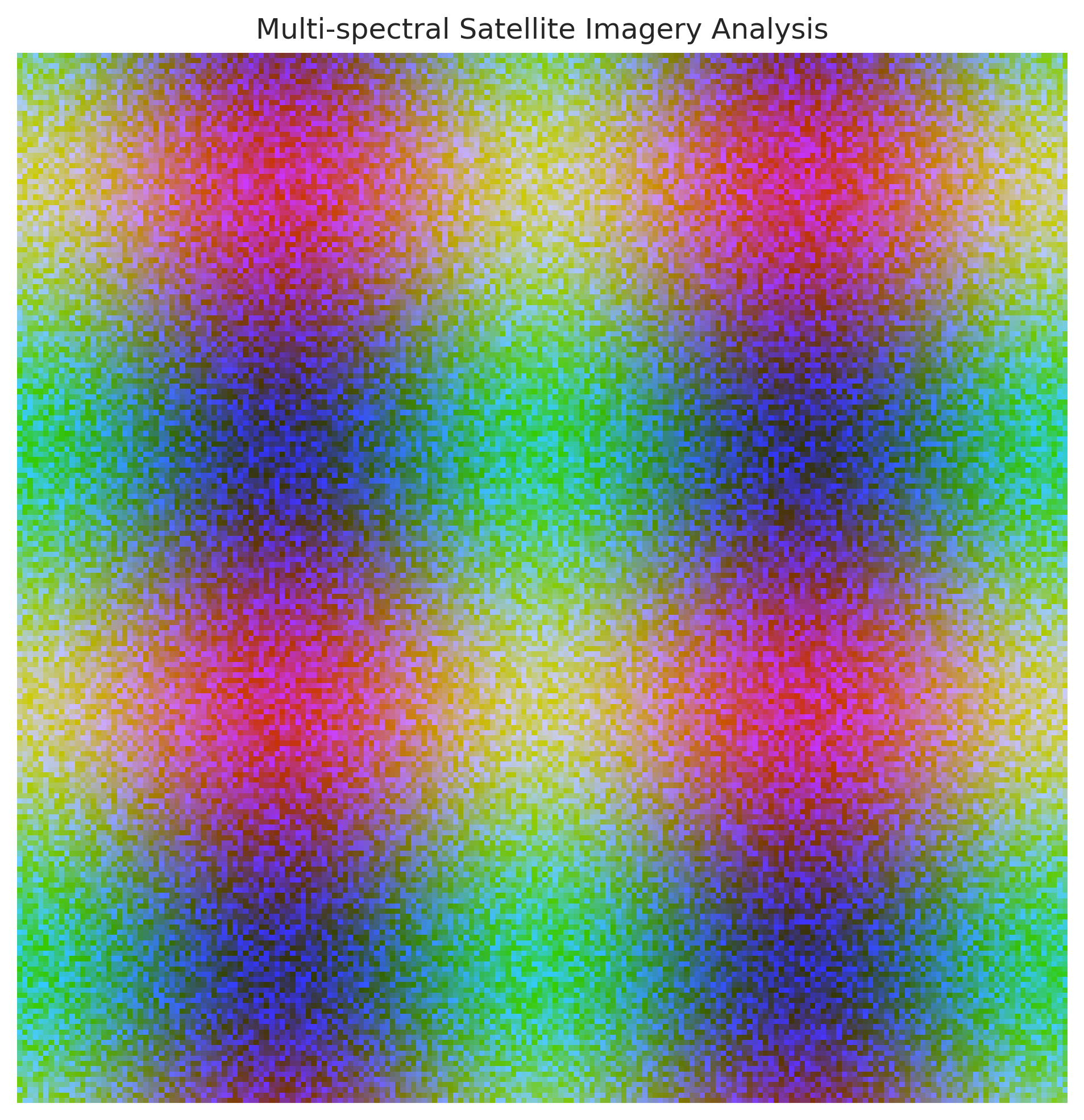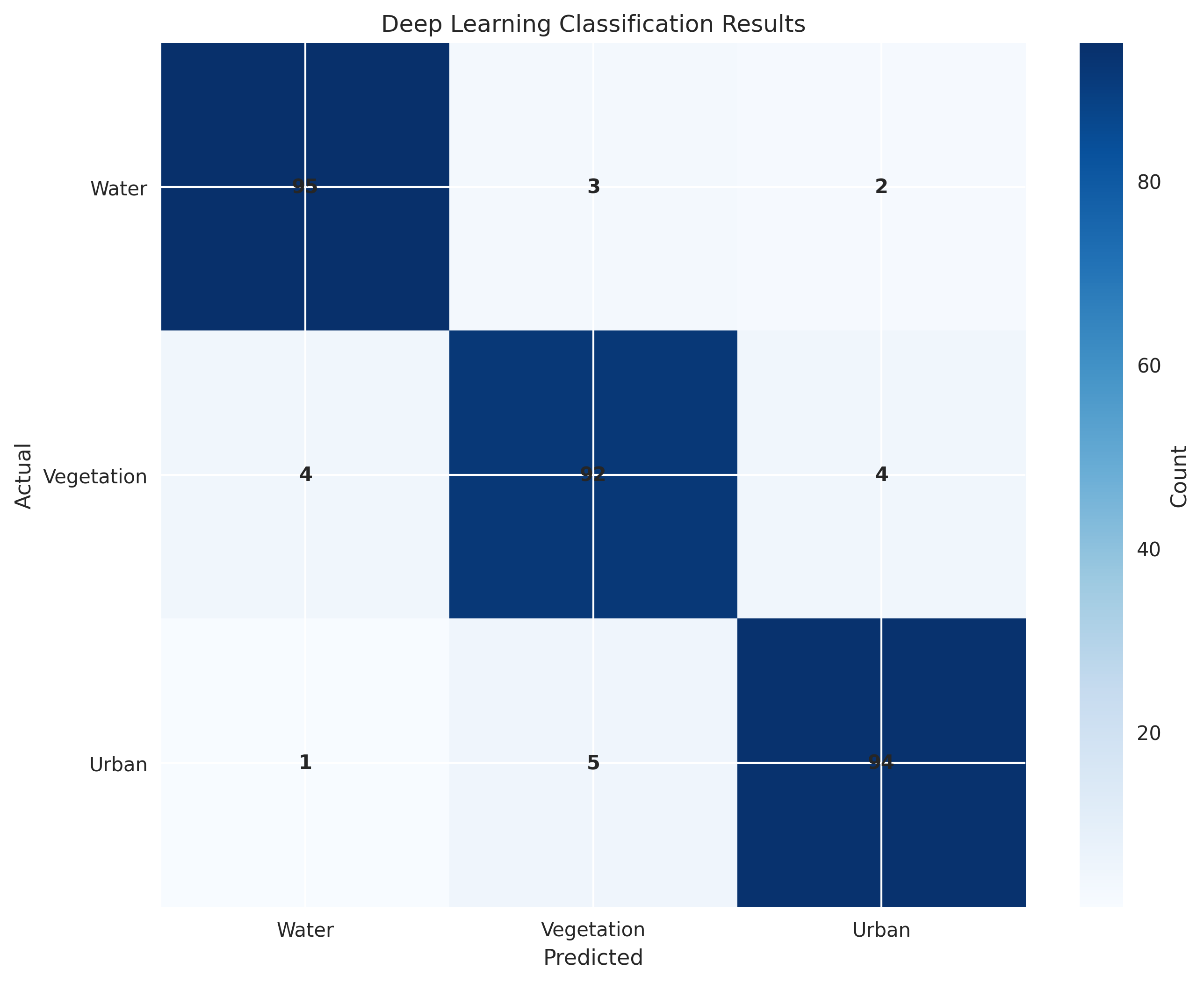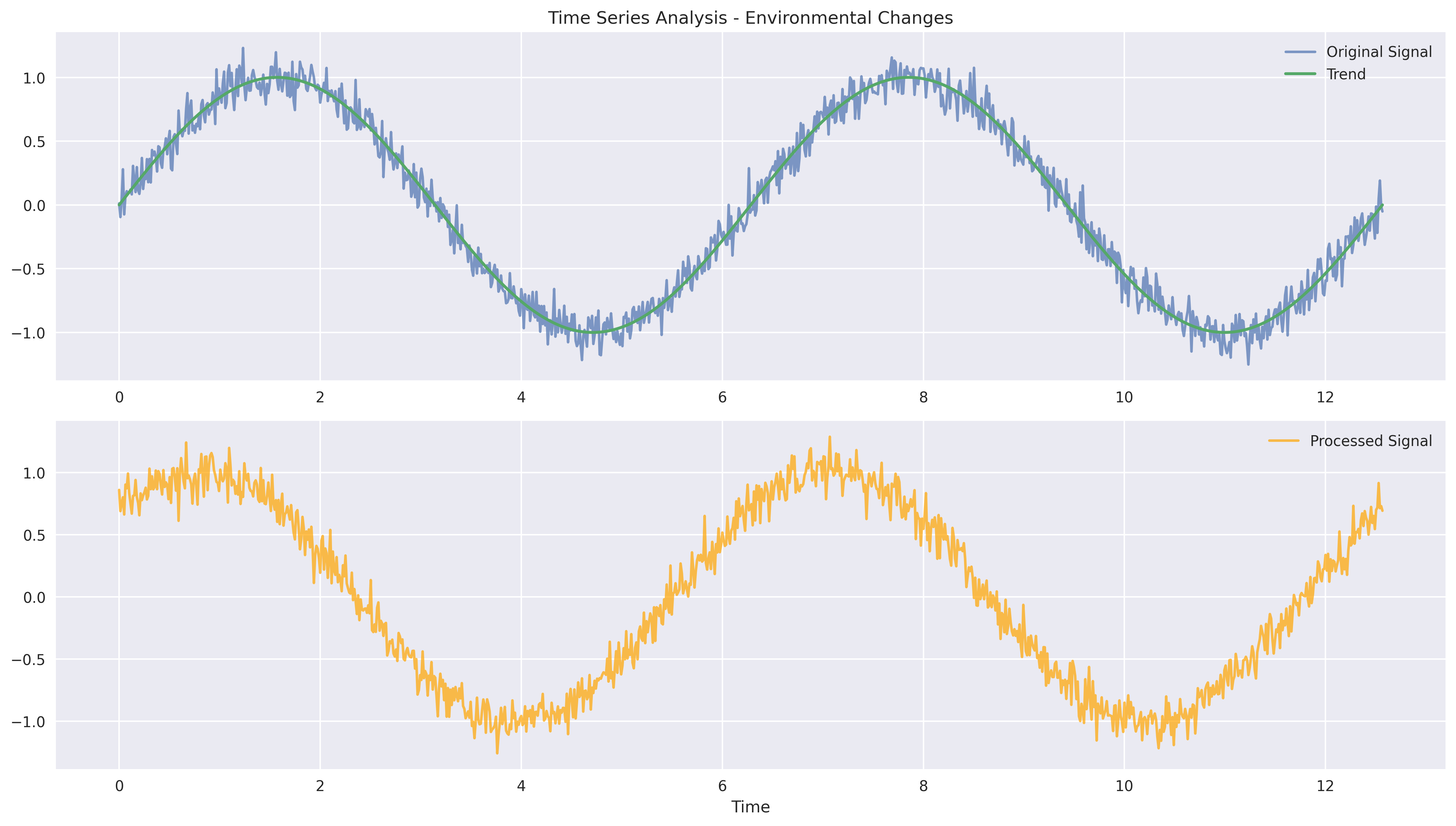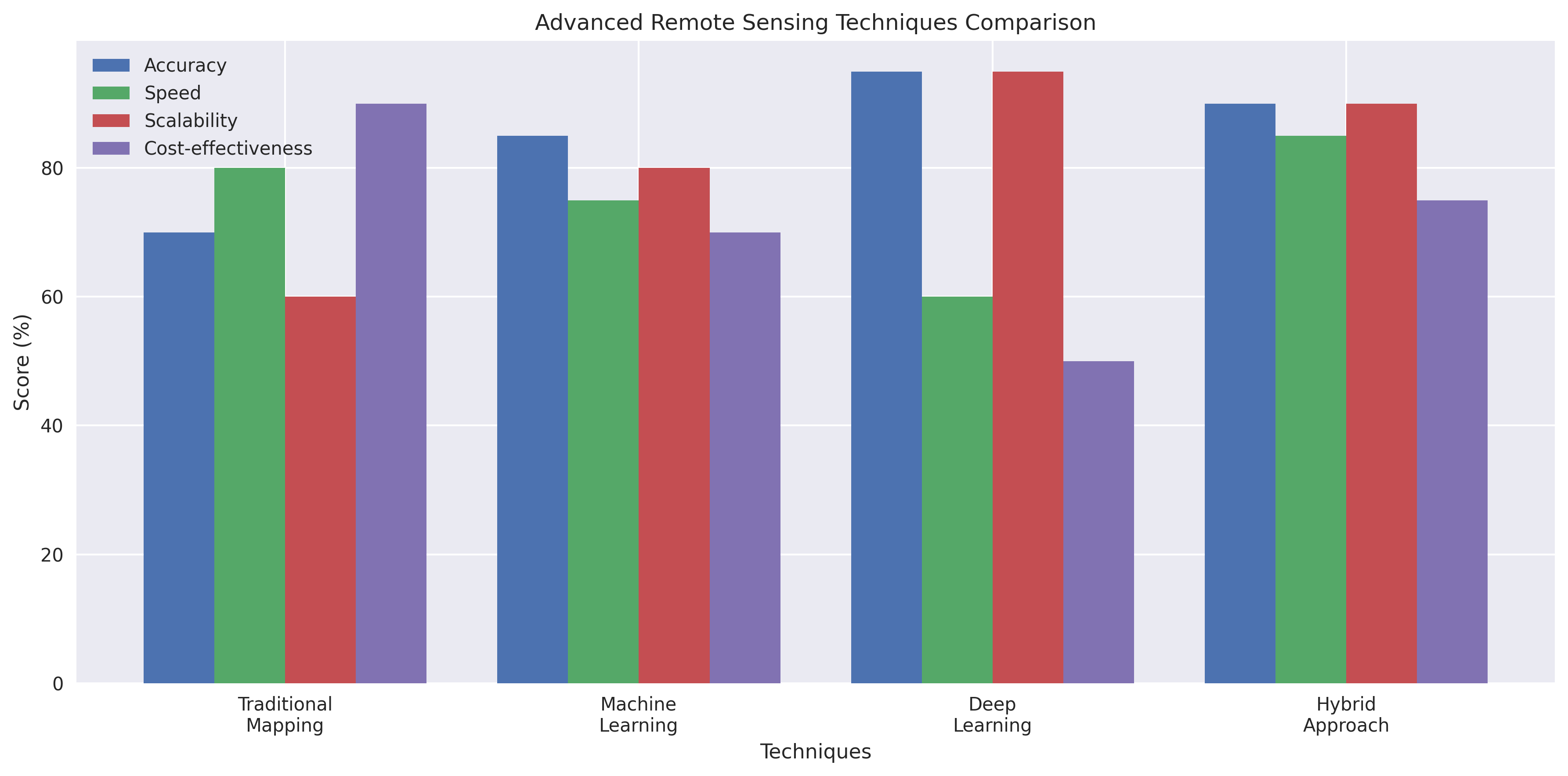Remote Sensing Applications for heat islands Monitoring

Remote sensing technology has transformed our ability to monitor heat islands across vast geographic areas with unprecedented detail and frequency. Satellite-based observations provide critical insights for environmental management and scientific research.
Satellite Technology Advances
Modern Earth observation satellites like Sentinel-2, Landsat 9, and Planet Labs constellation deliver high-resolution imagery with revisit times measured in days rather than weeks. This temporal density enables detection of rapid environmental changes.

Spectral analysis techniques extract valuable information from different wavelengths, revealing features invisible to the human eye. Vegetation health, soil moisture, and water quality can all be assessed through careful spectral interpretation.
Machine Learning Integration
Deep learning algorithms have revolutionized automatic feature extraction from satellite imagery. Convolutional Neural Networks (CNNs) can now identify and classify heat islands with accuracy exceeding 95% in many applications.

The combination of computer vision and geospatial analysis enables automated monitoring systems that can alert researchers to significant changes in near real-time.
Operational Applications
Government agencies and research institutions deploy these technologies for:
- Environmental impact assessment of development projects
- Natural disaster response and damage assessment
- Agricultural yield prediction and crop health monitoring
- Climate change research through long-term trend analysis

Countries like Brazil use satellite monitoring to track deforestation in the Amazon, while European agencies monitor agricultural productivity across the continent.
Future Perspectives
Emerging technologies including hyperspectral imaging, radar interferometry, and artificial intelligence continue to expand the possibilities for remote sensing applications.

The integration of cloud computing platforms like Google Earth Engine makes these powerful analytical capabilities accessible to researchers and practitioners worldwide, democratizing access to cutting-edge geospatial analysis tools.
📧 Contact & Collaboration
Have questions about this analysis or interested in collaborating on geospatial projects? We’d love to hear from you!
Get in touch with our research team: - Email: mapcrafty@gmail.com - Subject line: “Inquiry about Remote Sensing Applications for heat islands Monitoring”
Whether you’re working on similar research, need technical consultation, or want to discuss potential collaborations in geospatial analysis, don’t hesitate to reach out. Our team is always excited to connect with fellow researchers and practitioners in the GIS and remote sensing community.
We typically respond within 24-48 hours and welcome discussions about methodology, data sources, and potential research partnerships.